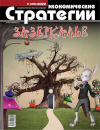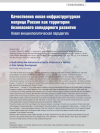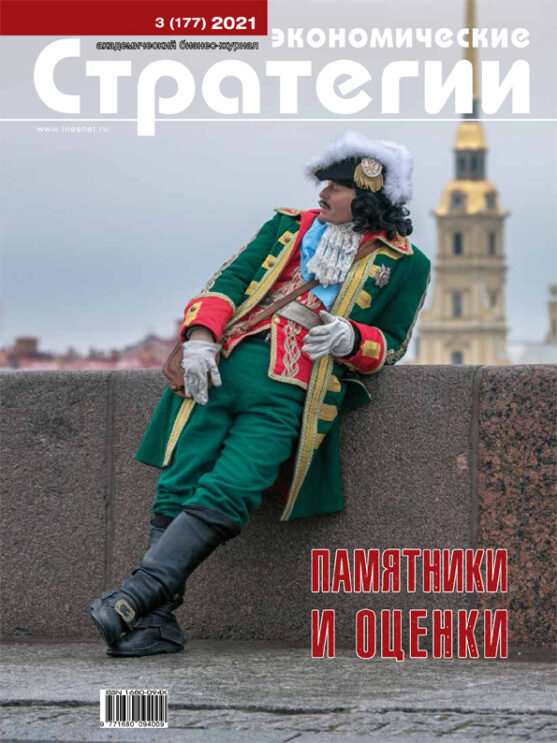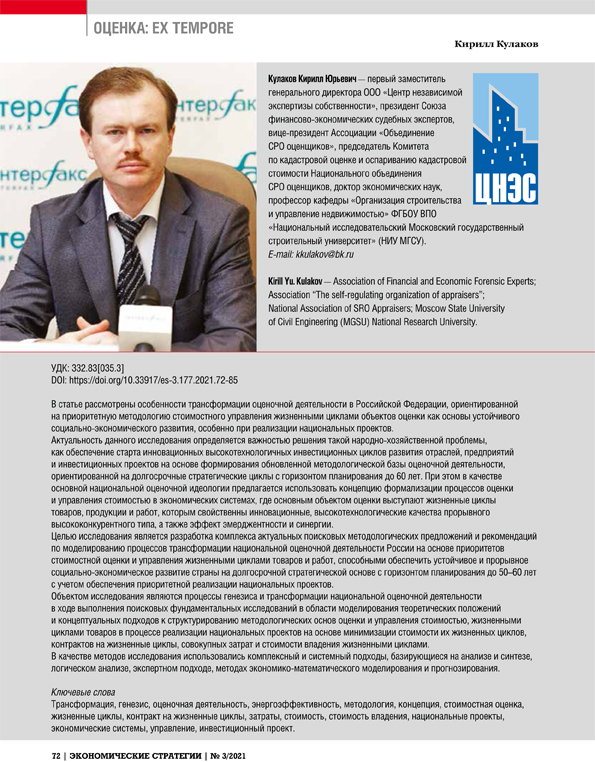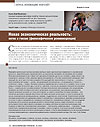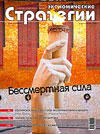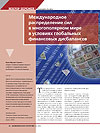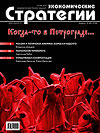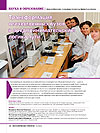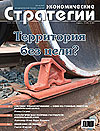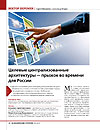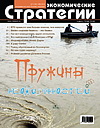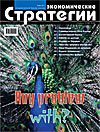On Russia’s Long-Term Economic Strategy
DOI: 10.33917/es-2.194.2024.70-77
Overcoming the main problems of the Russian economy based on domestic demand and potential for the internal development will require a significant change in its structural proportions. Necessary transformation, spurred by defence needs, is already underway with results surprising the West, which had hoped that unprecedented economic sanctions would break Russia’s resistance to its dictates. Moreover, the comprehensive aggression of the West against Russia seems to be backfiring and, instead of destroying it, contributes to its strengthening, creating conditions for a powerful economic breakthrough of the Russian state.
References:
1. Putin: Rossiya nakhoditsya v avangarde sozdaniya spravedlivogo miroustroystva [Putin: Russia is at the Forefront of Creating a Fair World Order]. RIA Novosti, 2023, 28 noyabrya, available at: https://ria.ru/20231128/putin-1912427138.html?ysclid=lpm3g5c34f738783092
2. Reddaway P., Glinsky D. The Tragedy of Russia’s Reforms. Market Bolshevism against Democracy. Washington, 2001.
3. “Ushcherb ot kapitalizma za 30 let okazalsya bol’she ushcherba ot Gitlera v Velikuyu Otechestvennuyu”: eksperty rasskazali, kak zhila by segodnya Rossiya, esli by ne raspalsya SSSR [“Damage from Capitalism in 30 Years Turned out to be Greater than the Damage from Hitler During the Great Patriotic War”: Experts Told How Russia Would Live Today if the USSR had not Collapsed]. Utrenniy Yug, 2023, 4 oktyabrya, available at: https://dzen.ru/a/ZR2QIZHw-xOJYg8D
4. Rasporyazhenie Pravitel’stva RF ot 16 avgusta 2003 g. N 1163-r “Programma sotsial’no-ekonomicheskogo razvitiya Rossiyskoy Federatsii na srednesrochnuyu perspektivu (2003–2005 gody)” [Decree of the Government of the Russian Federation of August 16, 2003 No. 1163-r “Program of Socio-
Economic Development of the Russian Federation for the Medium Term (2003–2005)”]. Kodeks, available at: https://docs.cntd.ru/document/901871783
5. Gil’manova Elena. Putin zayavil, chto Rossiya dolzhna stroit’ sotsial’noe gosudarstvo [Putin Declared that Russia Must Build a Social State]. Komsomol’skaya pravda, 2021, 21 oktyabrya, available at: https://www.kp.ru/online/news/4487099/?ysclid=lpnvdhmod8305588273
6. Nekipelov A.D. Vybor ekonomicheskoy strategii. Problema individual’nykh i obshchestvennykh predpochteniy Rossii i puti razvitiya Rossii [Choosing an Economic Strategy. The Problem of Individual and Public Preferences of Russia and the path of Russia’s Development]. Svobodnaya mysl’ — XXI, 2003,
no 9, pp. 5–16.
7. “Ochen’ tyazhelaya istoriya”. TsB nazval summu zablokirovannykh za rubezhom aktivov rossiyskikh investorov [“A Very Difficult Story.” The Central Bank Announced the Amount of Russian Investors’ Assets Blocked Abroad]. Banki.ru, 2023, 31 yanvarya, available at: https://www.banki.ru/news/lenta/?id=
10979472&ysclid=lpnz7p8eb5916326358
8. Plenarnoe zasedanie Peterburgskogo mezhdunarodnogo ekonomicheskogo foruma: Vladimir Putin prinyal uchastie v plenarnom zasedanii XXVI Peterburgskogo mezhdunarodnogo ekonomicheskogo foruma [Plenary Session of the St. Petersburg International Economic Forum: Vladimir Putin Took Part






